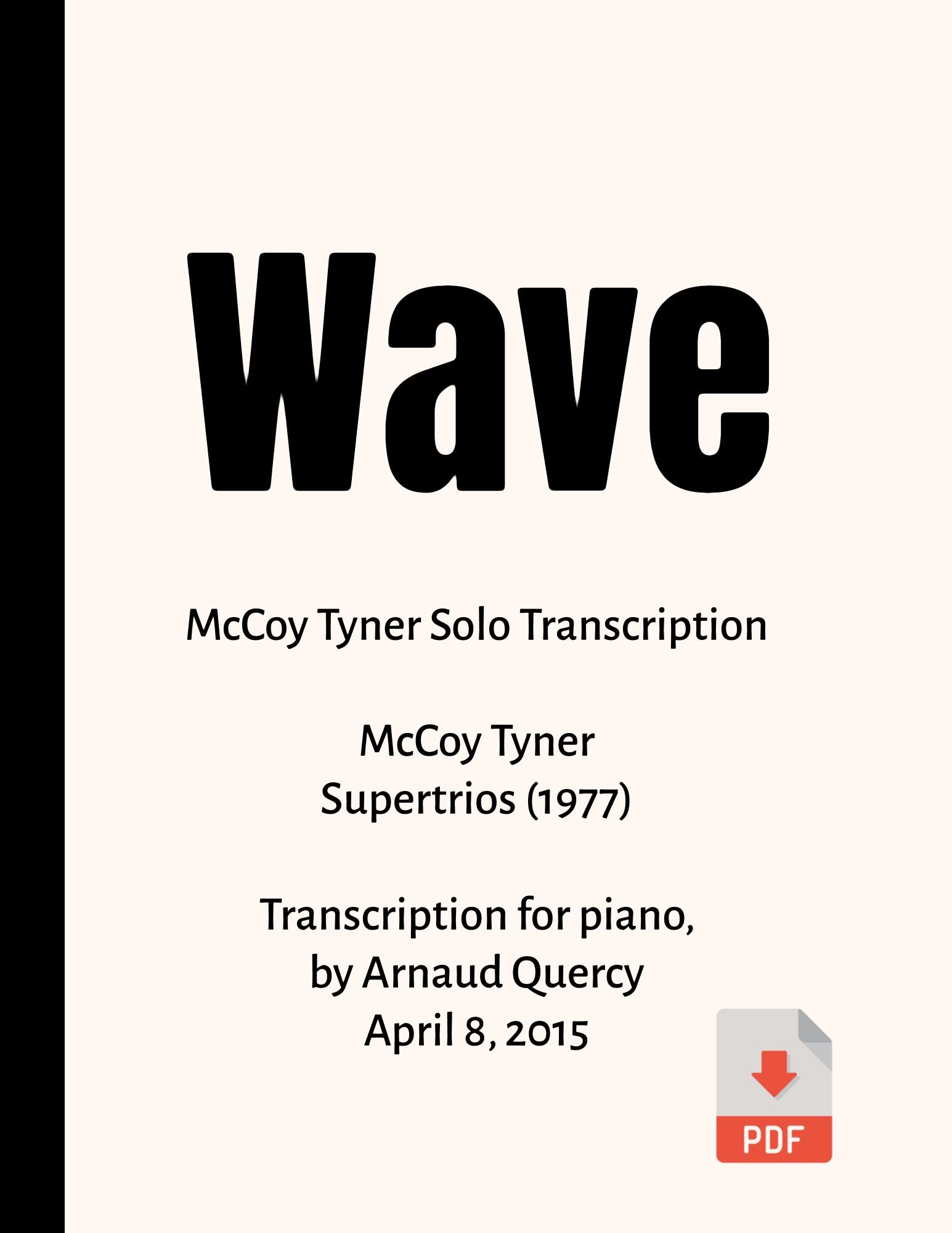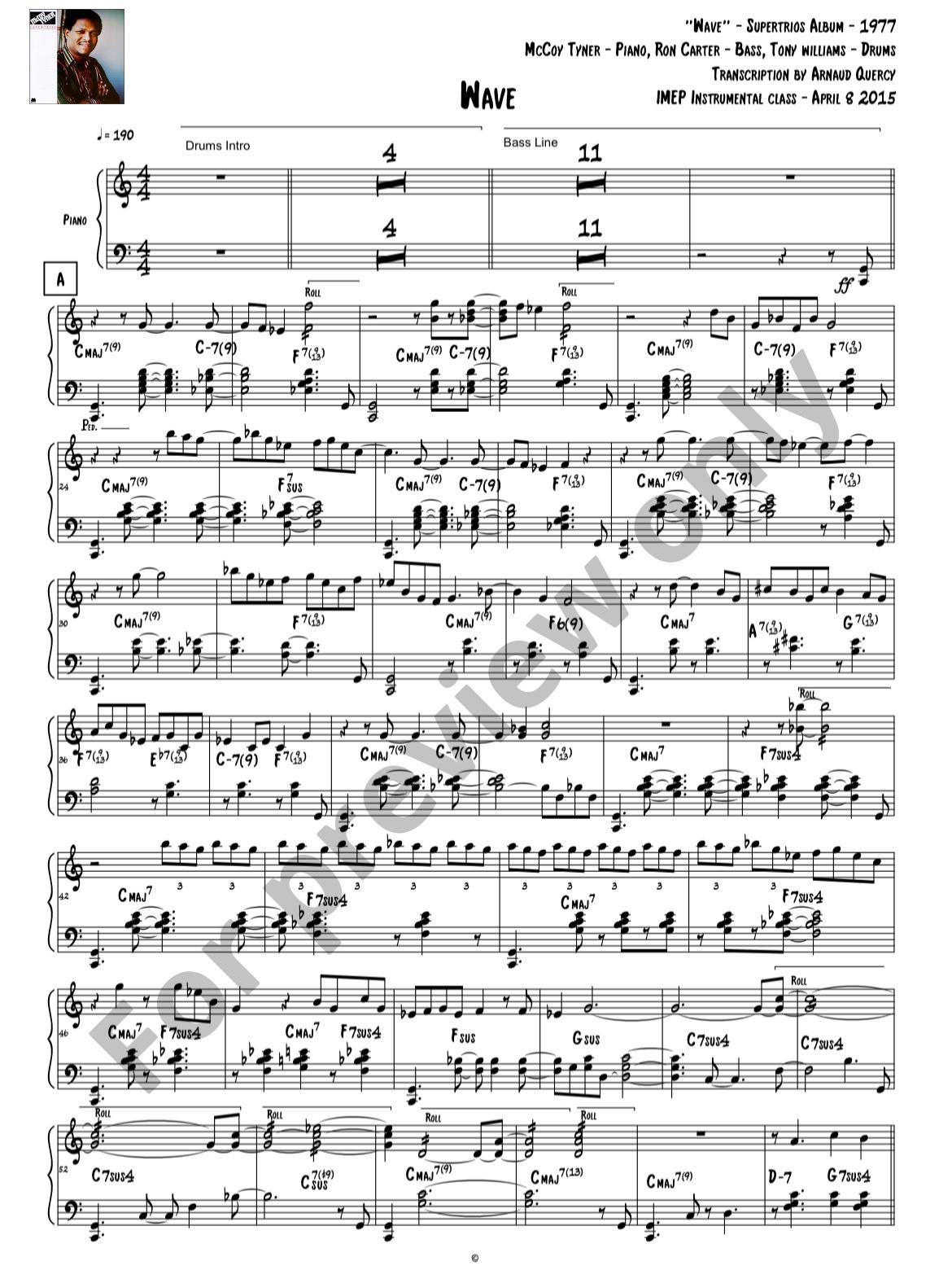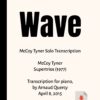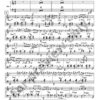Explore the intricate artistry of McCoy Tyner with this detailed transcription of his solo on “Wave” from the 1977 album “Supertrios.”
Performed by one of jazz’s most influential pianists, this piece offers a wealth of knowledge for both jazz enthusiasts and aspiring musicians.
Features:
Artist: McCoy Tyner
Album: Supertrios (1977)
Instrumentation: Piano Solo
Transcription by: Arnaud Quercy, IMEP College of Music, Paris
Format: High-quality PDF download
Pages: Comprehensive transcription
Notations Included: Chord symbols (please note that the chord displayed is the one that is played in the spirit of the tune, even though the artist may have decided to only play rootless. For instance, a C7 chord will most likely end up being played with only E and Bb as the root and the 5 th are often not necessary when playing – this is very common in modern jazz and should be understood this way when analyzing and reading the score).
Highlights:
Accurate Transcription: Capture the essence of Tyner’s performance with precise notations, including chord changes, scales, and arpeggios.
Educational Value: Ideal for music students, educators, and jazz aficionados seeking to study and perform a piece by one of jazz’s most celebrated pianists.
Instant Download: Receive your digital copy immediately after purchase, allowing you to start practicing right away.
Enhance your musical library with this essential transcription and delve into the sophisticated techniques and creative expressions of McCoy Tyner. Purchase now and begin your journey into the heart of jazz improvisation.










Reviews
There are no reviews yet.